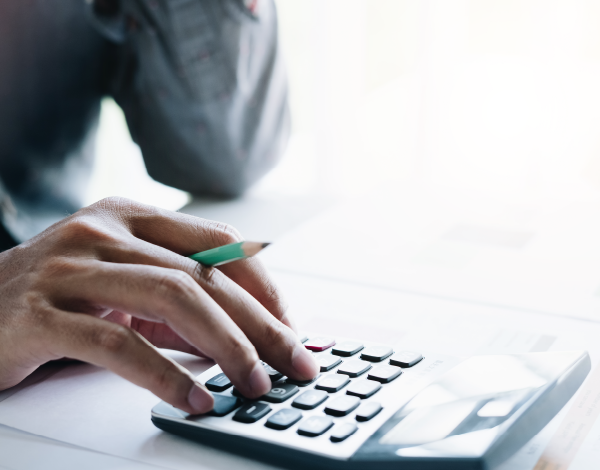Bank Responsibly
How to manage your finances responsibly
The Covid-19 pandemic has brought uncertainty to our economy and livelihoods in the past year. As the economy starts to recover, it is important to manage your finances responsibly and prepare yourself for the future.
Things you can do right now to manage your finances
If possible, try to set aside some money for any emergencies. It is also important to track your expenses and understand the best way to manage your money in the short term. Follow the outlined steps to help with your financial well-being.
Step 1. Make an emergency budget
Identify what income you have (and others in your household). You may have different sources of income from your salary, from your business, pension, etc.
Identify what you are spending on.
You will have fixed expenses each month like your mortgage or rent, insurances, utility bills, food and child care. Make sure to list variable expenses, these are expenses that vary depending on the month, such as school fees, groceries, dental treatment, car tax etc.
Prioritize your expenses and see if you can make payment arrangements or try to lower your expenses. Try to set aside money for the calculated fixed and variable expenses for 6-12 months.
Step 2. Track your spending
Keep track of your day-to-day spending, so you don’t exceed your current means. Look at your bank statements from the last couple of months, see where you might be able to cut down on your spending. You can view your statements online using Aruba Bank Online and use the Aruba Bank App to check your balance and to track your spending. By tracking your expenses you are less likely to spend on things that may not be necessary to you and your family right now.
Step 3. Try to reduce your spending
To help make your current income go further aim to cut nonessential spending from your budget.
Consider cutting entertainment spending and think proactively about your food expenses.
Plan your meals ahead, and make a shopping list before going to the supermarket. Not only will it make your shopping trip faster, but it will also make you less likely to buy nonessential items.
Consider other items you could do without, such as any subscriptions you may be paying for and not using, and think about cancelling them temporarily.
You may need to cut back on some expenses to get through the current period.
It may be tough, but you will be pleased you did it once it is over!
Step 4. Consider saving
Consider putting money aside for the future. It may feel like a struggle just to make the ends meet, and building your savings can seem like a distant dream. But small changes now can lead to big benefits later. Get into the habit of saving. Even a small amount each month can make a difference in the future.
Saving for a down payment on a house or a car, an emergency fund or a dream vacation might seem like an impossible challenge. But remember that you can achieve your most ambitious savings goals if you work toward them gradually and in small increments.
Step 5 Talk to those you owe
If you are having trouble paying your mortgage, credit card or utility bills due to loss of job or income, then reach out to the companies for possible options or payment plans.





